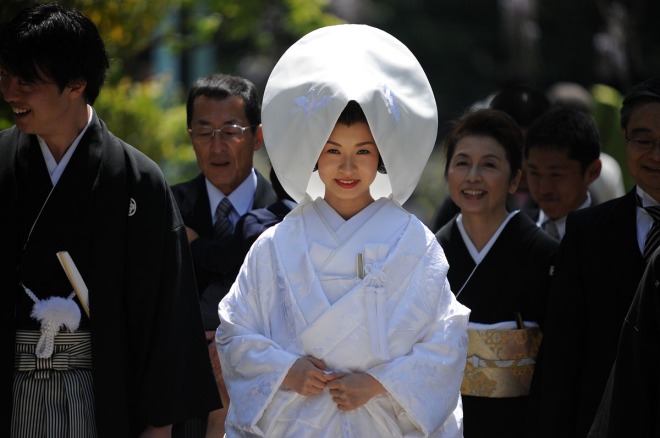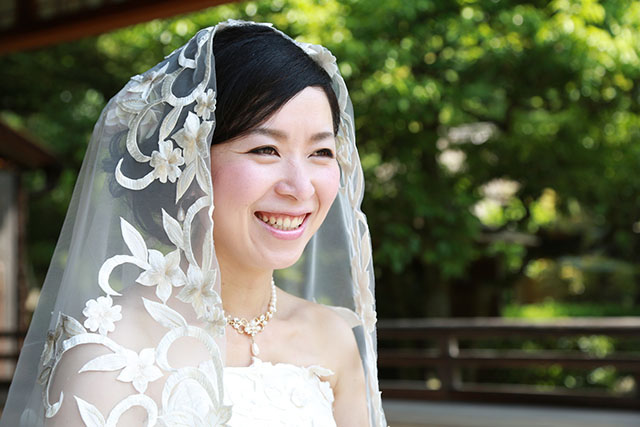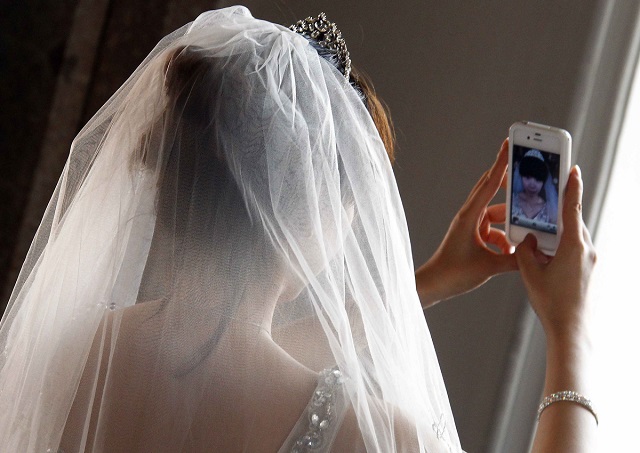Dear readers,
I’ve spent too much time thinking about how should I start this post, since its my last post for the wedding rituals. Wow… I guess I just did. So, I want to share my thoughts and feelings about this exciting journey with you, my dear readers, because you were the ones who stand by me for the last 4 months. Also, I’d like to say thank you for all your warm words and support.
Another «thank you» goes to all people who agreed to give me the interviews and who were patiently answering all my questions. Thank you. Without you, I wouldn’t know even a half of those amazing wedding rituals that you shared with me.
And last, but definitely not least «thank you» is for our multimedia journalism professor, Melody Gilbert. Thank you for being an inspiration and teaching us so many useful and just cool tools.
When the sentimental part is over, it is time to recall what have been learned for the 4 months.
Interviewee: Dan Fellner
Ritual: «it’s almost impossible to define the «traditional» american wedding, since American culture is such a melting pot. But most of the rituals depend on the origins of newly weds»
Interviewee: Kristina Chernikova
Ritual: « «svatovstvo», when the relatives of a future groom came to a future bride’s house and basically proposed to her parents. Even if they did not mind, they must reject the offer for the first time»
Ritual: «the morning pilaf, a special breakfast which is prepared in the houses of the groom and bride. I got even chance to try it later»
Interviewee: Nedyalko Delchev
Ritual: « «buying a bride», the groom should pay some amount of money to the male guardians of the bride»
Interviewee: Hristina Balabanova
Ritual: solo weddings
Interviewee: Roberto Herranz
Ritual: «A couple always gives presents to all guests on their wedding»
Interviewee: Aida Kentassova
Ritual: «“Betashar” means a “revealing the face” of the bride to groom’s family.»
Interviewee: Alexander Parunov
Ritual: «toastmaster, who is called tamada, plays one of the most important roles on such weddings»
Interviewee: Gretta Talmaci
Ritual: «nanasi are like godparents for a new married couple»
I created this blog because I was wondering «How do wedding traditions reflect different cultures?». And now, when I wrote about so many different from each other cultures and learned more about their traditional weddings, I can see that wedding rituals reflect the philosophy of the members of different cultures. For example wedding traditions of Russian and Spanish weddings would be very different. And, there’re reasons behind that (historical, climatic etc)
So, when I found the answer to the question that I had in the beginning of the journey, I don’t think that it will be interesting for me to continue this blog. However, I will definitely use those knowledge if I decide to make a wedding planning to become my career.
It’s a little bit sad that it is my last post for this blog. However, I think, we shouldn’t be afraid to say goodbye to certain things or sometimes even people in our lives. That is what make us growing.
And, I don’t think that it’s fair towards the readers to say that you’ll continue blog, when you know that you won’t.
Moreover, the blog helped me to discover a new hobby; I really enjoy making videos. And I think to improve that skill. So, I might create another blog, where I’ll be posting more videos.
Also, many people have asked me what was my favorite wedding ritual or what is the country that, in my opinion, has the most interesting wedding traditions, and I couldn’t answer those questions. Frankly speaking, I don’t even feel that I have to choose, since each culture is unique and beautiful in its own way. It is true that most of the countries have different wedding rituals and what is traditional in one country can be offensive in another. However, I noticed something important, even though the wedding traditions might be different around the world, all of them celebrate one thing – Love. So, after hearing lots of stories and watching tons of wedding photos, I can assure you that two people who just got married and who are in love with each other look like equally happy around the word. And, here is a short video that only proves that.
Here’s a short video to add some cheesiness to your life:)





























 Georgian weddings are very cheerful and noisy (no surprise, given the fact that there’re hundreds of guests have been invited). And, toastmaster, who is called
Georgian weddings are very cheerful and noisy (no surprise, given the fact that there’re hundreds of guests have been invited). And, toastmaster, who is called 


 Another interesting wedding ritual, which might seem unusual in most parts of the world, is a “stealing a bride”. I should add that today the ritual has more entertaining purpose rather than a real abduction of the bride like it used to be in the past. Often it happens to avoid the high expenses connected with the organization the wedding. As Georgians may joke:
Another interesting wedding ritual, which might seem unusual in most parts of the world, is a “stealing a bride”. I should add that today the ritual has more entertaining purpose rather than a real abduction of the bride like it used to be in the past. Often it happens to avoid the high expenses connected with the organization the wedding. As Georgians may joke:













 out.
out. spanish weddings. It is common to decorate with flowers a room, the dress of the bride, a bride’s bouquet, but one most popular symbols of spanish weddings is an orange tree flower that bride puts into her hair.
spanish weddings. It is common to decorate with flowers a room, the dress of the bride, a bride’s bouquet, but one most popular symbols of spanish weddings is an orange tree flower that bride puts into her hair.







 So, what this «solo-wedding» is?
So, what this «solo-wedding» is?





